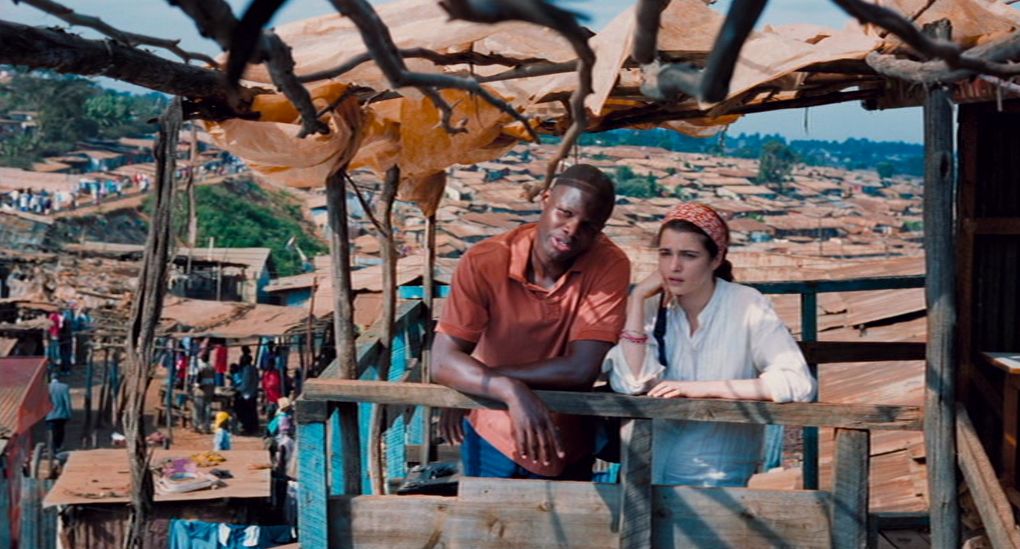
in the real world, we don't hear of pharmaceutical whistle-blowers being murdered, and there have been several whistle-blowers recently.īut le Carré himself cautions us against drawing any such conclusions. Big Pharma's enfant terrible, Marcia Angell, reviewed the tome in the NY Review of Books and said this: While the Constant Gardener has often been discussed in the same breath as Trovan, Le Carré has previously denied that his book and the case draw from the same source.

The European Union banned the drug in 1999.") The Food and Drug Administration approved it for adults in 1998 but later severely restricted its use after reports of liver failure.

The Washington Post: "Trovan was never approved for use by American children. (Back story: In 1996, during a meningitis outbreak in Nigeria, Pfizer tested a drug, Trovan, on children there. Altschuler won an important ruling in February allowing 88 Nigerian families to pursue their claims against Pfizer in US courts. The book is called "The Constant Gardener." A movie of the same name followed in 2005.īut the thing is, both were based on reality, on a case that Altschuler has been fighting for eight years against Pfizer Inc. Claims that a large American pharmaceutical company exploited a third world country. West Haven, Conn., attorney Richard Altschuler has reams of paper and endless boxes of notes that tell the story. The story provides no sourcing for its claim, just a bald assertion.

While many have drawn parallels between the two - the movie and the lawsuit both posit an unscrupulous drug company doing fatal drug testing on African children and then trying to cover it up - this is the first report to BNET's knowledge that directly asserts that The Constant Gardner is essentially a rewrite of Pfizer's ill-fated meningitis drug tests in Nigeria.


 0 kommentar(er)
0 kommentar(er)
